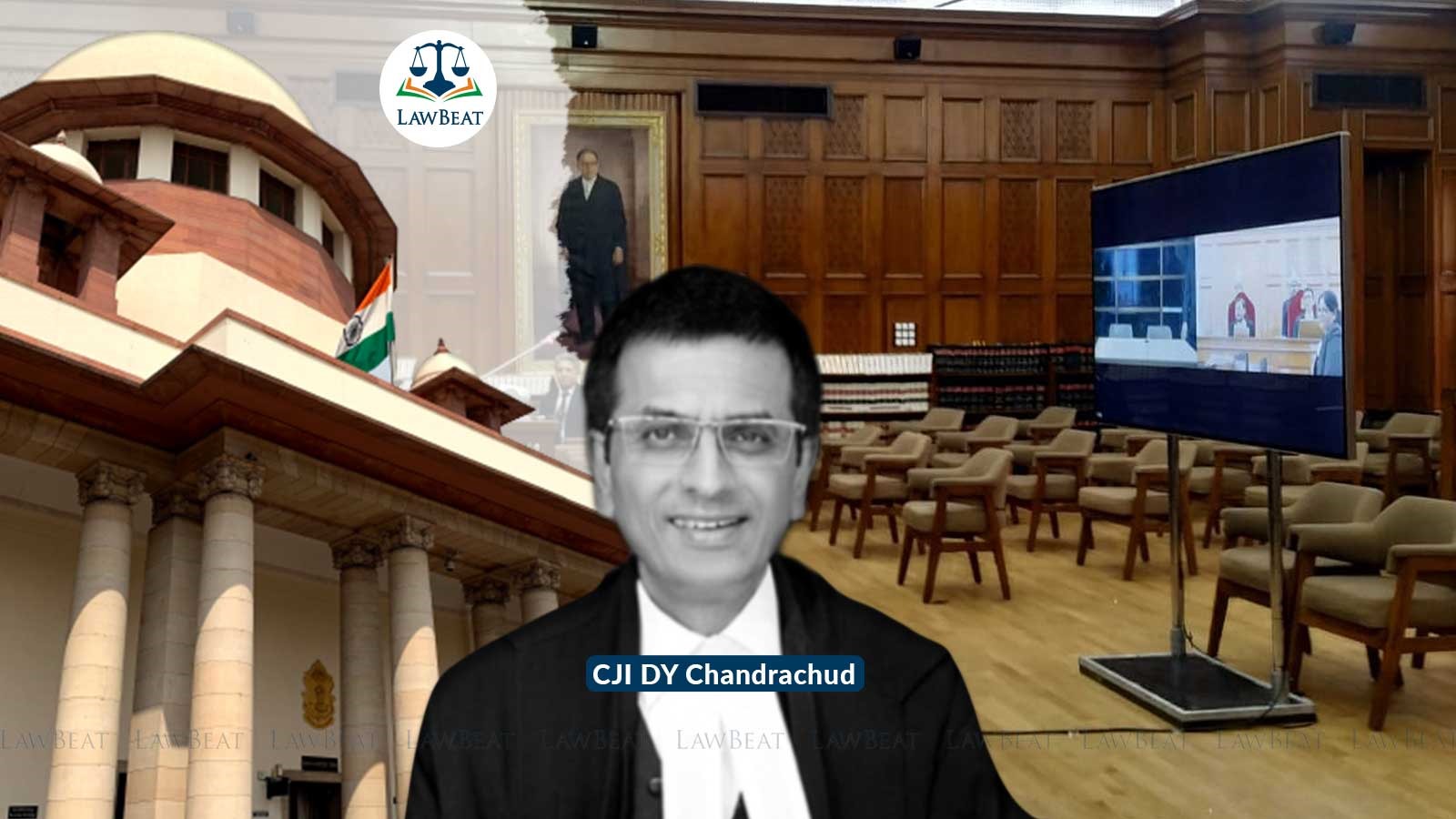High Courts to ensure within two weeks video-conferencing facility made available to lawyers, litigants: Supreme Court

Supreme Court has also enquired about the status of virtual hearing facilities in Tribunals across the country. It was informed that while NCDRC and NGT has been holding hybrid hearings, the NCLT requires some certain additional infrastructure
Yesterday, the CJI DY Chandrachud led bench of the Supreme Court directed all High Courts across the country to ensure that video conferencing facility or hybrid mode of hearings is made available to all litigants and lawyers within two weeks.
This direction has been issued in a plea which was originally moved by one Sarvesh, against the Punjab and Haryana High Court completely shutting down its virtual court facilities.
The bench also comprising Justice JB Pardiwala and Justice Manoj Misra had issued several additional directions to facilitate video conferencing facilities across High Courts and Tribunals, including, availability of free wifi.
Court's order adds that links for Video Conferencing must be made available in the cause list of the concerned court and no separate application should be required for appearing through virtual mode.
Furthermore, all High Courts have been asked to put in place a Standard Operating Procedure withing four weeks for enabling litigants to access virtual hearings.
As the hearing progressed, CJI Chandrachud went on to heavily criticize the Allahabad High Courts calling it a "complete offender".
"The infrastructure has been completely shut down”, CJI said, further saying that Bombay High Court was no less.
“Why has Bombay High Court disbanded the facility? In a city like Bombay where travelling is so difficult, technology is not a matter of choice. Without technology, how do we function?", court added.
On September 15, 2023, the CJI had issued notice to all High Courts across the country, the National Company Law Appellate Tribunal (NCLAT), National Consumer Disputes Redressal Commission (NCDRC) and National Green Tribunal (NGT) seeking a response from them over the functioning of video conferencing facilities.
Is the hybrid mode still functioning or has the virtual conferencing facility been disbanded fully, the bench had remarked.
When the petitioner-in-person, Sarvesh, had appeared before Court, the CJI thanked him for flagging this issue. Court had then also issued notice to the Union Ministries and requested the assistance of the Solicitor General of India regarding DRTs and other tribunals which come under various Ministries.
Notably, in 2021, the Supreme Court had issued notice to the Central Government, four High Courts, the Bar Council of India (BCI) and Supreme Court Bar Association (SCBA) on a writ petition seeking a declaration that the right to participate in court proceedings via video conference is a fundamental right.
The plea was filed specifically challenging the Aug 16 notification issued by the Uttarakhand High Court to revert to full physical functioning from Aug 24 to the exclusion of virtual mode of hearing cases completely.
It also sought a direction restraining all High Courts from denying access to lawyers through the virtual mode of hearing on the ground of availability of the option of physical hearing.
The plea filed through Advocate Sriram Parakkat and drawn by Advocates Siddharth R Gupta and Prerna Robin stated that Uttarakhand High Court’s concerned notification is a death knell for justice, because as observed by the E-Committee of Supreme Court, the very idea of virtual courts is an accessible, affordable justice in the country.
Case Title: Sarvesh Mathur vs. The Registrar General, Punjab and Haryana High Court
